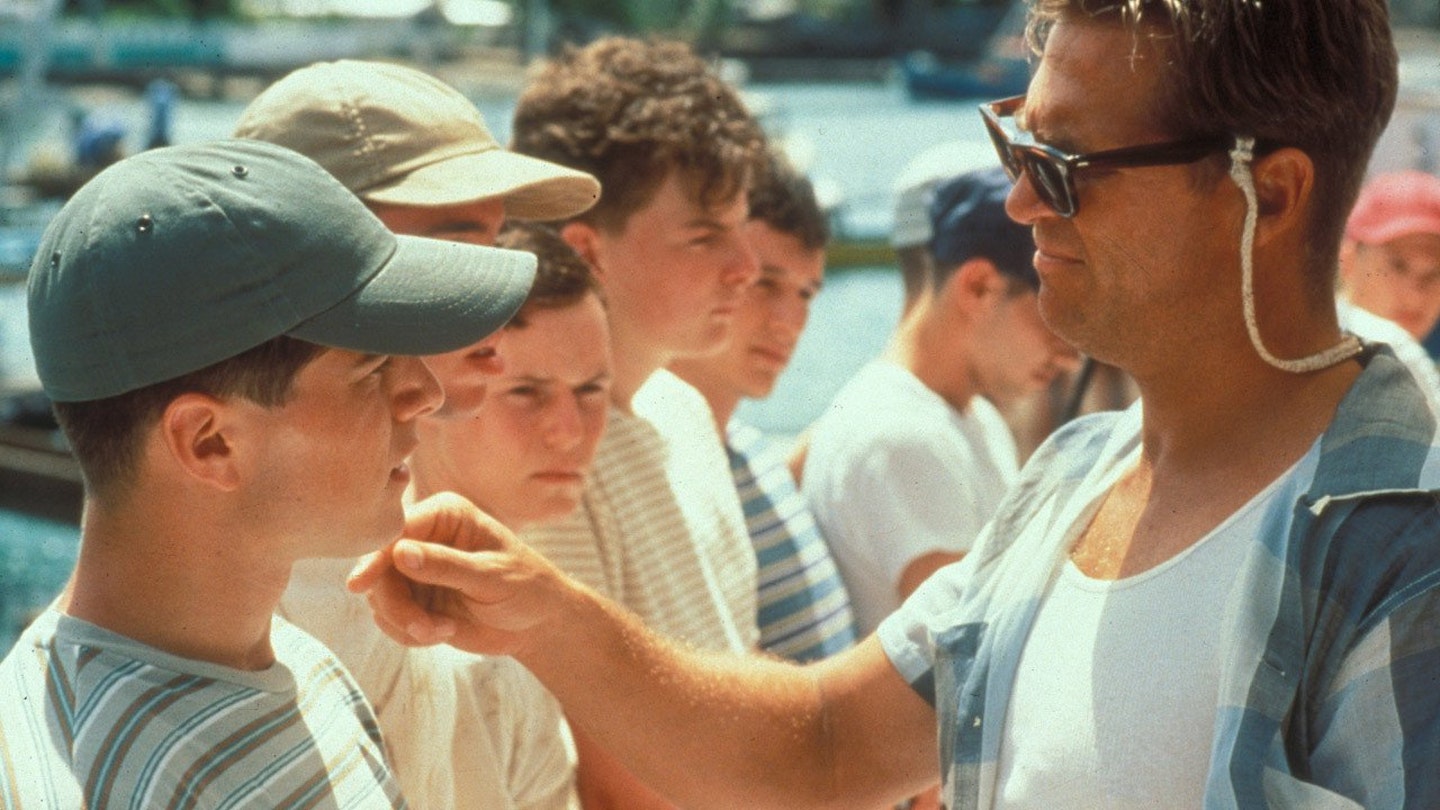Taking a true tragedy the sinking of the brigantine ship Albatross in 1960 director Ridley Scott has fashioned a curiously compulsive drama that for all its inevitable Dead Sailors Society trappings is still highly entertaining.
Bridges is the ships sub-Hemmingway-esque skipper, the kind of old salt whod just as soon offer you mystical advice on the nature of the sea as show you how to tie a few decent knots. The Albatross is his ship and onto it each year he takes a sampling of male troubled and/or well off youth in an attempt to teach them about sailing, teamwork, life that sort of stuff. Aiding him in this is the ships doctor and his wife Alice (Goodall) and token crusty barnacle McCrea (John Savage). Chuck (Wolf from TVs Party Of Five) is the latest recruit and its through his eyes that we watch this disparate group come together and ultimately find total unification through tragedy.
As the young lead, Wolf (whose uncanny Tom Cruise-like looks will haunt him his whole career) is highly personable, as is the rest of the largely unknown cast. But awash in Scotts customary sheen, they come across like an advert for Calvin Klein. Bridges, too, for the most, delivers a performance that resounds off the distance he appears to be keeping from both the crew and ultimately the role.
Where White Squall works, however, is in its gorgeous visuals proof you can make a movie on water that succeeds dramatically and the powerful emotional wallop it saves for its final reel. It gives nothing away to say that the Albatross hits the ferocious meteorological phenomenon know as a White Squall (a kind of tornado of spume), sinks and not everyone gets off. But as visually spectacular as this event is, Scott digs deep into the emotional core of the film, providing a sequence that is genuinely moving and ultimately devastating. Its almost a shame that the film then carries on with the overly sentimental coda, involving the skip losing his licence and a moment that just cries out for some young lad to leap up onto the deck yelling, Captain, my captain.
